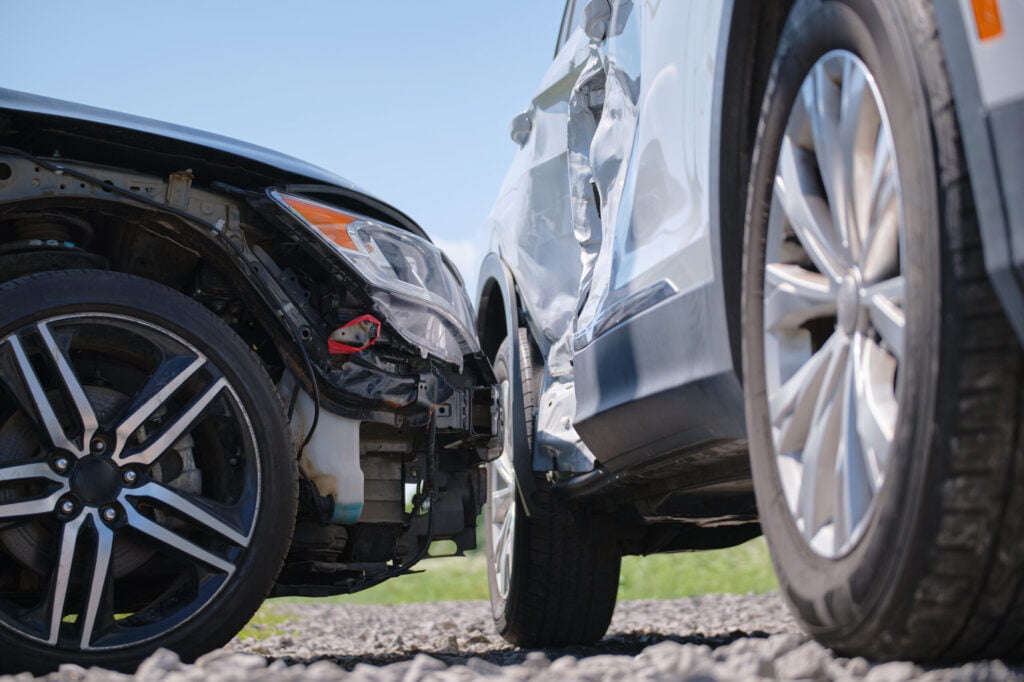Navigating Legal Matters After a Lyft Car Accident
When you use a ridesharing service like Lyft, the last thing you expect is to get into an accident. However, if you find yourself in such an unfortunate situation, it’s important to know how to protect your rights and pursue any due compensation. The legal landscape surrounding rideshare accidents can be complex, with different rules than traditional car accidents. Understanding what steps to take can make a significant difference in the outcome of your case. In this article, we’ll explore the legal nuances and essential actions after being involved in a Lyft car accident.
Understanding Your Rights After a Lyft Car Accident

If you’re injured in a Lyft accident, you have the right to seek compensation for medical expenses and related costs. Since Lyft drivers are considered independent contractors, filing claims can be more complex, but Lyft’s third-party liability insurance may help depending on the accident details.
If the driver’s insurance doesn’t fully cover your expenses, you may be able to sue for damages. Consulting with a Lyft car accident lawyer Chicago can help you navigate the legal process and protect your rights before signing any agreements that might undervalue your claim.
The Role of Insurance in Rideshare Accidents
Lyft’s insurance policies cover drivers from accepting a ride request to dropping off passengers. Understanding these policies is crucial for those involved in a Lyft accident. The coverage levels vary depending on the driver’s location, such as waiting for a ride, en route to pick up a passenger, or during a ride.
The at-fault party’s identity is also important, as it affects who can file a claim. Navigating between multiple insurance carriers and dealing with adjusters can be challenging. It’s essential to approach these conversations cautiously, as adjusters may try to minimize financial exposure or admit fault.
Steps to Take Immediately Following a Lyft Collision
In the aftermath of a Lyft vehicle accident, prioritize safety by moving to a safe location and calling emergency services for medical needs. File a police report as it provides valuable evidence for your claim. Gather information from all parties involved, including names, contact information, insurance details, and the driver’s status with Lyft.
Take photos of the accident scene, injuries, and damage to all vehicles. Seek medical attention even if you don’t feel injured, as having a medical record from the accident date can be valuable for pursuing a claim. Contact a lawyer who understands ridesharing accidents to preserve evidence, advise on insurance negotiations, and initiate the claims process on your behalf. Timeliness is essential as delays may affect the viability of your claim.
Navigating the Claims Process with Lyft’s Policies

The claims process after a Lyft accident differs from traditional car accident claims due to the company’s operational model. Understanding the driver’s service phase is crucial for initiating a claim, as Lyft’s coverage depends on whether the app was connected to a passenger. In many cases, a claim must be filed with Lyft’s insurance first, and if denial or underpayment occurs, the driver’s personal insurance may be needed.
Legal guidance is essential during this two-tiered approach, as it can lead to increased complexity. Prompt and accurate filing of necessary documentation, including medical records, police reports, lost wages, and expense records, is essential. Maintaining open communication with a legal representative is crucial throughout the claims process, as they can navigate negotiations with Lyft and insurance companies, ensuring fair evaluation and appropriate compensation.
Legal Options and Seeking Compensation for Damages
Legal options for compensation in Lyft accidents include negotiating with insurance companies or pursuing a lawsuit. Compensation can cover medical expenses, lost income, pain and suffering, and punitive damages in cases of egregious negligence. While settlements are often preferred for expediency, it’s crucial not to settle for less than fair compensation. An experienced attorney can assess insurance offers and negotiate for a more suitable package.
If settlement negotiations fail, filing a lawsuit may be necessary, but it’s time-consuming and costly. Lawsuits can be the path to just compensation, especially when there’s clear evidence of negligence. An experienced attorney is essential in any legal undertaking after a Lyft accident, as they navigate the complex legal environment, protect rights, and advocate for the best interests.
Overall, understanding the nuances of handling a Lyft car accident from the onset can substantially influence the result of your case. From knowing your rights, dealing with insurance complexities, taking immediate actions, navigating Lyft’s policies, to considering your legal options for compensation, each step is vital to a successful outcome. Arm yourself with knowledge and perhaps legal representation to ensure that you are justly compensated for your ordeal.




